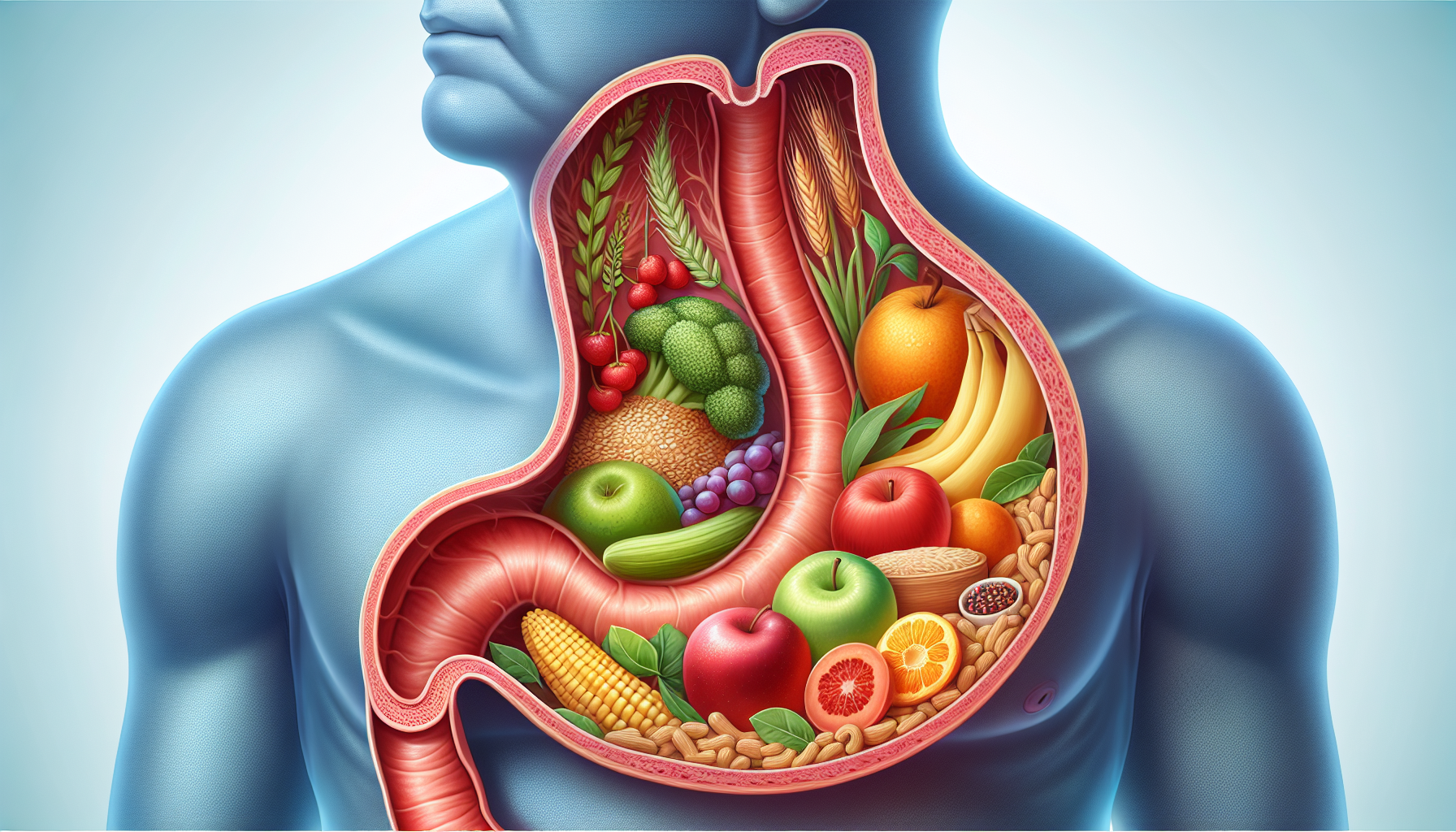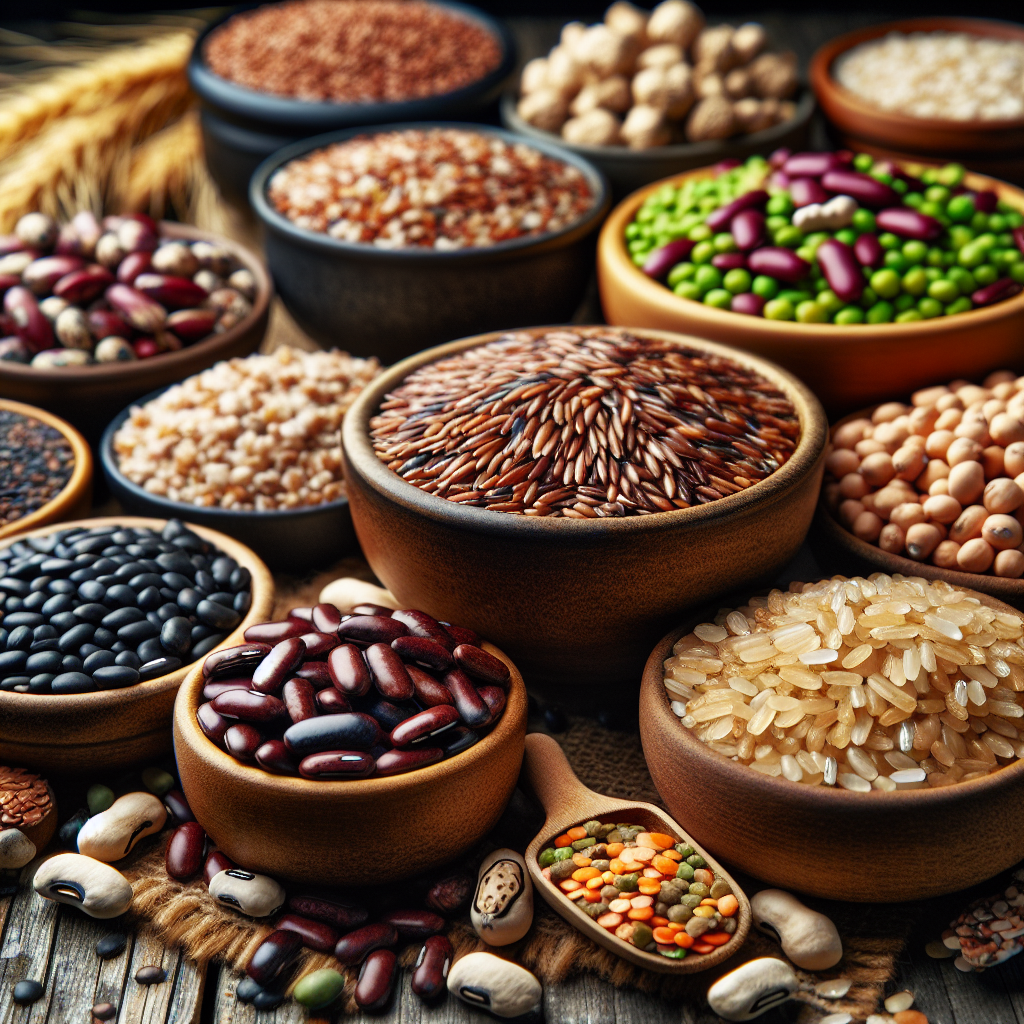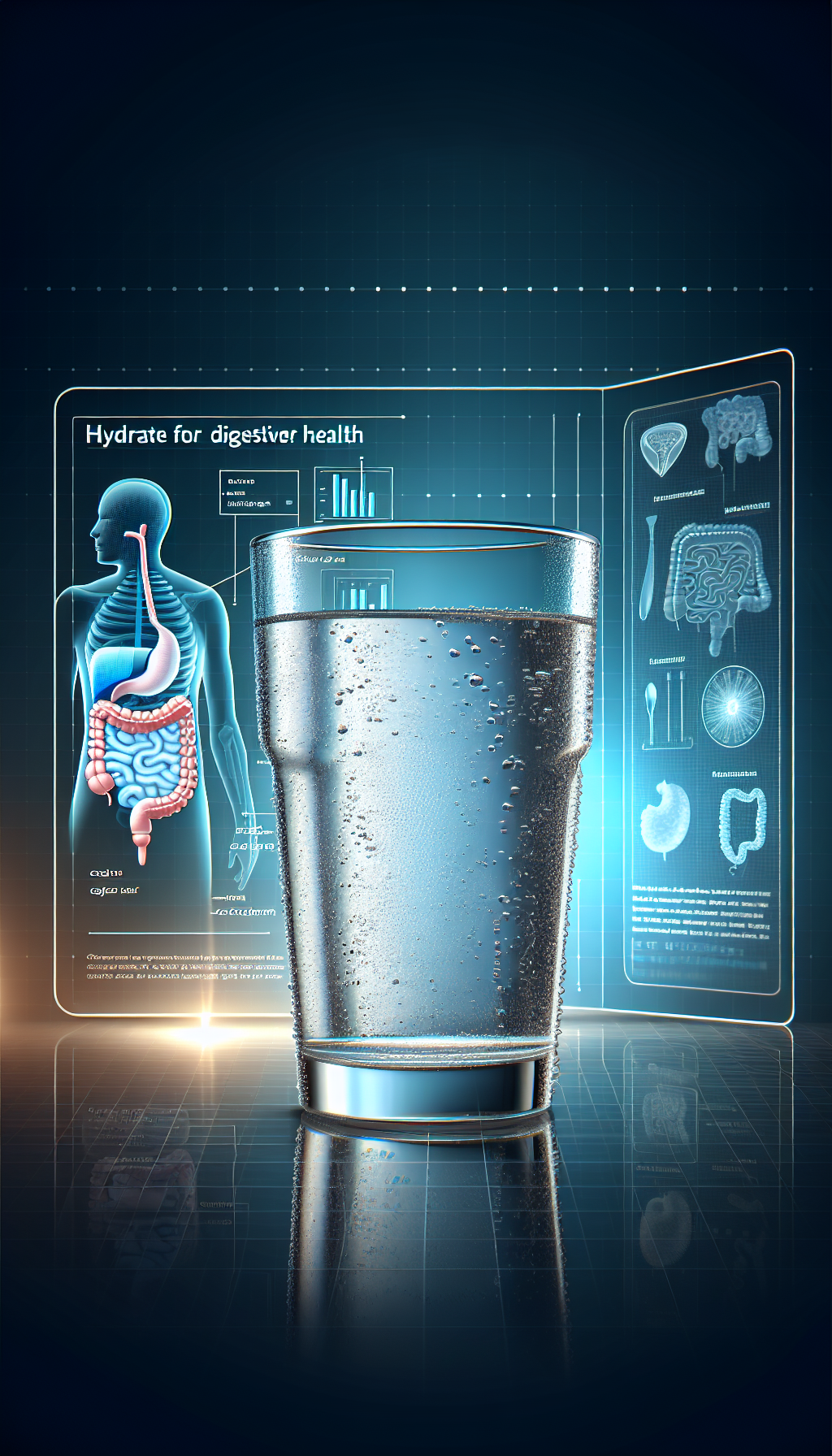Esophageal health is a critical, yet often overlooked, component of overall digestive wellness. The esophagus is the conduit for food from the mouth to the stomach, and its well-being is essential for a comfortable and effective digestion process. Various dietary choices can have a profound impact on the health of this vital organ. By understanding the connection between diet and esophageal health, individuals can take proactive steps to prevent discomfort, manage symptoms of existing conditions, and promote long-term esophageal health.
Understanding Esophageal Disorders
Several disorders can affect the esophagus, including gastroesophageal reflux disease (GERD), eosinophilic esophagitis, and Barrett’s esophagus. GERD, a common condition, occurs when stomach acid frequently flows back into the tube connecting your mouth and stomach. This backwash can irritate the lining of your esophagus and lead to discomfort and potential complications. Dietary modifications are often recommended to manage the symptoms of GERD and other esophageal conditions.
Dietary Modifications for Esophageal Health
Alkaline Foods
Incorporating alkaline foods into your diet can neutralize stomach acidity and reduce the occurrence of acid reflux. Alkaline foods include most fruits and vegetables, nuts, and seeds. By creating a more balanced pH level in the stomach, these foods can help protect the esophageal lining.
Fiber-Rich Foods
High-fiber foods are known to support digestive health and can also benefit the esophagus. A diet rich in fiber can improve overall digestion and reduce the risk of acid reflux by helping food to move smoothly through the digestive system. Good sources of dietary fiber include whole grains, legumes, fruits, and vegetables.
Avoiding Trigger Foods
Certain foods are known to trigger acid reflux and other esophageal issues. These include high-fat foods, spicy dishes, citrus fruits, chocolate, and caffeinated beverages. Identifying and eliminating these trigger foods from one’s diet can significantly improve esophageal health and reduce discomfort.
Portion Control
Eating smaller, more frequent meals rather than large meals can prevent the stomach from becoming too full, which can pressure the lower esophageal sphincter (LES) and lead to reflux. Smaller portions allow for easier digestion and less stress on the esophagus.
The Role of Probiotics and Prebiotics
The balance of gut flora plays a crucial role in digestive health, including that of the esophagus. Probiotics and prebiotics can help maintain this balance, potentially reducing the symptoms of esophageal conditions. The Benefits of Probiotic and Prebiotic Combination Therapies highlights the importance of these dietary components in supporting gastrointestinal well-being.
Maintaining Hydration
Adequate fluid intake is vital for maintaining the health of the esophagus. Water helps to dilute stomach acids and can reduce the risk of acid reflux. It also assists in moving food through the digestive system more effectively, preventing undue strain on the esophagus.
Impact of Dietary Antioxidants
Antioxidants found in various foods can protect the esophageal lining from damage. Foods rich in antioxidants include berries, nuts, dark chocolate, and green leafy vegetables. The Role of Antioxidants in Gut Mucosal Health delves deeper into how these nutrients support the integrity of the digestive tract, including the esophagus.
Connection to Overall Digestive Health
Esophageal health is interconnected with the health of the entire digestive system. A holistic approach to digestive wellness, which includes mindful eating practices and a balanced diet, will inherently benefit the esophagus. For more comprehensive guidance on managing digestive health, Functional Foods and Their Role in Gastrointestinal Well-Being offers insights into how certain foods can enhance digestive function and comfort.
External Resources for Further Reading
- The International Foundation for Gastrointestinal Disorders provides a wealth of information on digestive conditions, including those affecting the esophagus. Their resources on dietary management of GERD can be found at IFFGD.
- The American Society for Gastrointestinal Endoscopy offers guidelines on maintaining esophageal health, especially in preventing conditions like Barrett’s esophagus. Explore their recommendations at ASGE.
- For those interested in the scientific aspects of dietary impacts on the esophagus, the National Library of Medicine hosts numerous peer-reviewed studies, available at PubMed.
- The World Gastroenterology Organisation provides global perspectives on digestive health, including esophageal disorders, which can be accessed at WGO.
In conclusion, esophageal health is a vital aspect of digestive wellness, and dietary modifications play a significant role in maintaining the integrity of this important organ. By incorporating alkaline and fiber-rich foods, avoiding trigger foods, practicing portion control, utilizing probiotics and prebiotics, ensuring adequate hydration, and including dietary antioxidants, individuals can effectively support their esophageal health. Remember to consult with a healthcare provider before making any significant changes to your diet, especially if you have an existing esophageal condition. With careful attention to diet and lifestyle, a healthy esophagus can contribute to overall digestive comfort and well-being.



